24 Polish Books and Novels for Language Learners (2022)
by Marissa Blaszko · December 20, 2021
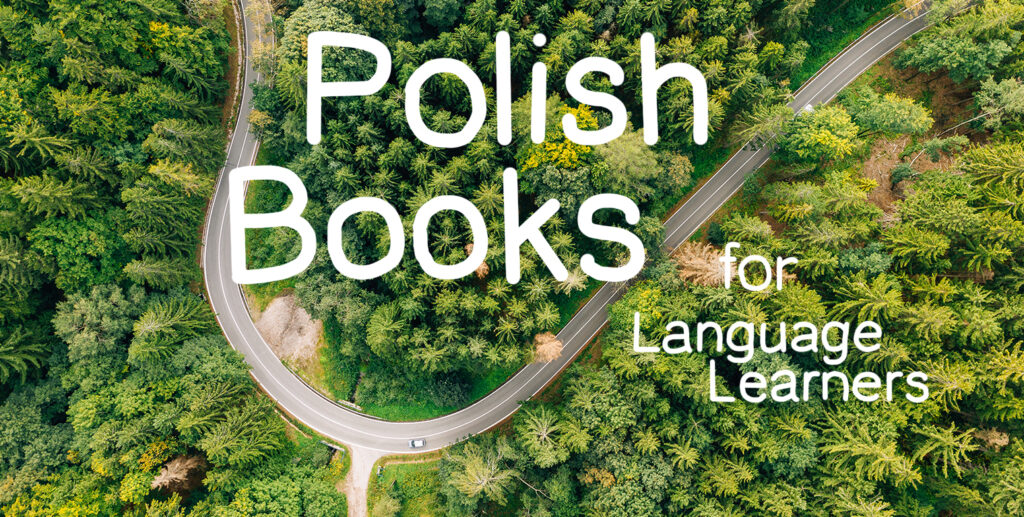
Polish books and novels have been one of my biggest reasons for why I’m learning the language.
But they’ve also been one of my biggest resources in order to learn the language.
As a polyglot who’s first love is literature, I wanted to compile a list of Polish books that I have personally used for learning or that are on my own reading wish list.
I’ll also share some of my tips for reading Polish literature for you (I’ve read books in 5 languages and counting) and finally at the end how I use Polish books as part of my language immersion plan.
This post contains affiliate links. I may earn a small commission for items purchased at no extra cost to you.
Tips for reading books in Polish
Reading in a foreighn language is hard.
I have a longer post about how to read in a foreign language based on academic research, but here are some of the highlights which you can use when reading the Polish books on this list:
- Pick Polish books at the language level you’re currently at, not the level you want to be at. You will still find a ton of new words but not feel like you’re spending the majority of your time consultation a dictionary.
- If you get lost, looking up words is a good reading strategy according to educational sciences. It’s not cheating any more than asking a tutor to clarify a new word is.
- At the higher levels, pick Polish books you’re actually interested in. Unfortunately, there are very, very few beginner books in Polish. But once you’re at the higher levels, pick up books you’re actually interested in (and not just those you think you’re “supposed” to read).
- Build a reading habit. Sign up for our free mini-course and habit tracker which you can use to help you actually finish the Polish books you pick up.
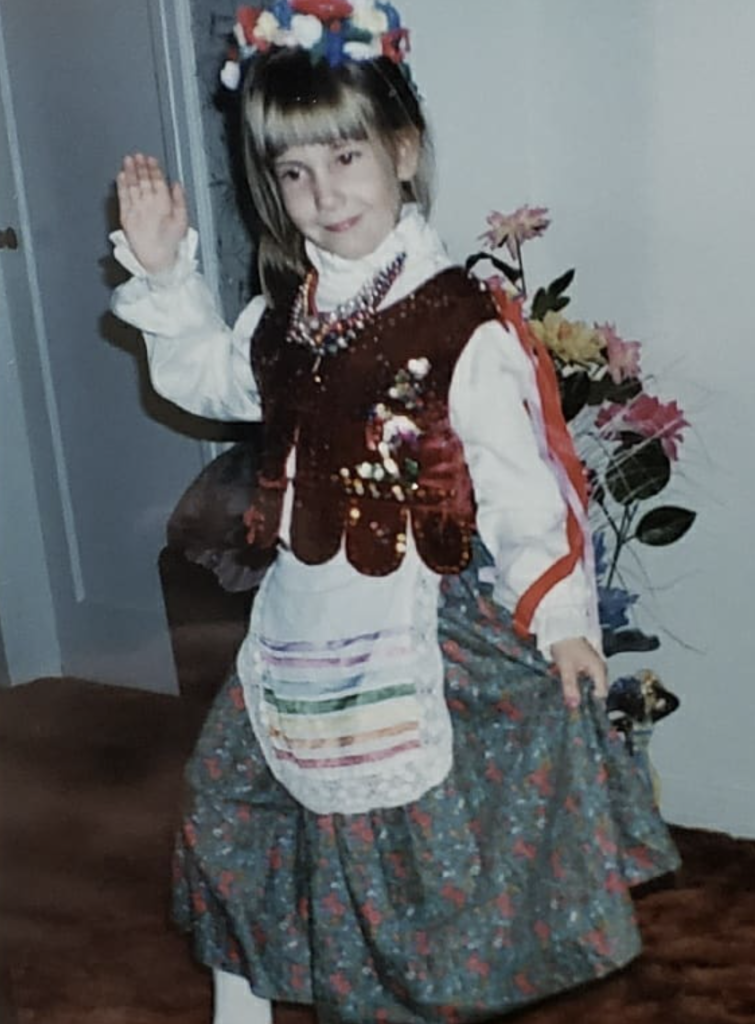
Now that all said, I once again want to stress the importance of picking a Polish book at your correct level.
That’s why all of the books on this list are curated using these real linguistic studies to help you pick out something at the right level for you based on real linguistics research.
So jump into reading at the level you’re currently at, and feel free to save this list for future reading goals.
Polish Books for Beginners (A1-A2)
Depending on where you are in your Polish language journey, books might either seem extremely far away or the next obvious step.
The “Polish books” at this level aren’t novels.
They’re texts which will help you get used to reading in Polish so soon you can work your way up to full stories with time.
Language learning is a marathon, not a sprint, so I invite you to enjoy improving your language with some of the text in this section.
ABOUT: This short story book first starts with a word list of common household places and objects. Then, it builds them into phrases so the reader can get used to seeing them in various cases. Finally, it builds those sentences into cohesive short stories about every day situations.
REVIEW: This book is massively helpful for new readers, and the ALARM system it uses is great. But be warned: for how high the price is it’s extremely slim (filled with huge text, random images, and blank packages); the audiobook is unavailable for download; the stories have literally nothing to do with the cover; and the wordlists are mostly unhelpful.
RECOMMEND?: Yes, but only to learners or speakers brand new to reading in Polish, who may or may not need to still sound out words or have a hard time recognizing them in cases.
LEVEL NOTES: Out of everything on this list, this book is by far the easiest and truthfully the only one made for the A1 level.
You can also see the other 4 books in the series here:
ABOUT: This bilingual Polish cookbook will help students learn vocabulary through interactive immersion. Although it’s small, it has over 50 recipes with side-by-side translations.
REVIEW: I love learning food vocabulary by cooking, and this pocket-sized book has done a lot of the work for me. However, the translations aren’t perfect and very few of the recipes are vegetarian or vegan friendly.
RECOMMEND?: Only if you plan on making cooking part of your regular language learning routine. Check out my free immersion course if you need help getting organized. But without that organization, I don’t think you’ll get anything out of it.
LEVEL NOTES: Some of the instructions and words are super-specific (think: C-level), but it can be used at A2 because of the translations, repetition, and how little reading is actually involved.
ABOUT: These 11 straight-forward short stories take place in a series of familiar settings (offices, hair salons, concerts, houses) and practice tons of words you’ll need to know every day. After each paragraph of Polish text you’ll find the next paragraph is an English translation so you can challenge yourself while not getting lost in hard vocab.
REVIEW: The stories are simple and somewhat boring, but the predictability will help you follow the plot. I adored how they did an every-other-paragraph translation and wish other books would follow suit. However, some stories deal with tough themes (probably to make them more engaging) so trigger warning: adoption trauma, infertility, childhood cancer. (The stories all end well enough, however.)
RECOMMEND? Absolutely.
LEVEL NOTES: Perfect for students transitioning into intermediate levels. Good for sentence mining and natural speech.
ABOUT: Using word-by-word translation, these 5 classic stories help readers understand writing well above their level.
REVIEW: Like some other books on this list, the book is wide spacing, huge font, and fluff. The word-by-word translation is clunky and machine translated, and the vocabulary niche and unhelpful. The stories are all ones you probably know from childhood.
RECOMMEND? No
*LEVEL NOTES: Although this book was written for beginners, the vocabulary it uses is functionally useless for anyone under B2 but the word-by-word doable. It could be used for almost any level in reality.
(There’s are additional Polish short stories books for beginners written by the same publisher, which can be found here.)
ABOUT: “Portret Nataszy” is a short story about a Polish family which was divided by time, the ocean, and a woman.
REVIEW: Paulina is funny, clever, and a great Polish teacher. If you don’t already know her from the Polski Daily Polish Podcast, I highly recommend getting to know her fantastic resources for learners. At $2.99, the price is great.
RECOMMEND? Absolutely, but it’s unfortunately only available on Kindle or other eReaders.
LEVEL NOTES: Although the story is labeled A2-B1, it’s going to be a challenge for readers under B1. However, when I asked the author she said it was the easiest of the books in her series, so you can use it to build up to other stories.
Polish Books for Low-Intermediate Learners (B1)
B1 is conversational level, so at this point most language students want to jump in and start reading full novels. If they can have a full conversation, they can do anything right?
Unfortunately, most teen or adult novels use around 9,000 different words–but if you’re conversational in the language, you probably only have around 3,000-5000 words.
So here are some Polish books which you can use to bridge the vocabulary gap.
Reader’s note: since I (the enthusiastic author) am still at the A2 reading level, I haven’t tackled any books further down on this list. I will update the reviews in the coming months as I work through them, but they’ve come recommended to me by students at higher levels or language teachers.
I’m not gonna lie: most graded Polish readers are a drag.
But this series translates amazing historic novels (which are in the public domain) into various languages at low levels so you can actually enjoy the story.
Even though it’s an English (not Polish) story, the idea of translating something so great and making it a bilingual edition is genius.
So if you’re sick of graded readers for students but not ready for a novel, this book might be exactly what you need.
Poetry is a great way to start more deeply exploring a language, even with a limited vocabulary.
This anthology features 22 Polish authors from 2000-2015 in a bilingual edition so you can explore grammar and structure in a more creative way.
Arthur grew up the son of two Avant Guard artists in a childhood devoid of order, hierarchy, and tradition. But now, as an adult, he decides to forge his own meaning and structure by staging his own wedding and dragging family, friends, and lover along with him.
Plays are short, literal, and contain simple dialogue–making them a hugely underused resource for B1 language learners trying to move into real literature for natives. And because Tango is one of the most important Polish plays of the 20th century, it’s the perfect place to start if your goal is to really know Polish history and culture (as well as the language).
Konwicki, one of Poland’s best known authors of his time, describes his childhood and the political events that eventually lead to the end of the Soviet Union in this novel.
The English and Polish book edition is perfect for learners moving from graded readers published by language education companies and into real fiction.
Polish Books High-Intermediate Learners (B2)
At B2 you’ll be able to start reading very basic Polish novels (the kind given to high school students) which are relatively short and use relatively simply language.
That’s what you’ll largely find in this section, with a sprinkling of other types of Polish books that should be an interesting challenge for you.
If you want to one day be able to read classic Polish literature (or take a C-level test), this anthology is a great place to start.
It’ll features an older version of the language that most Polish students won’t be familiar with, but has plenty of English translations to help you through it.
It’s also huge–so if you buy it at the B2 level and read a poem a week, you’ll likely still be working your way through it by the time you’re preparing for any C-level class or test.
“Cinnamon Shops” is a collection of surreal, dreamlike stories in which characters move through their semi-real lives in a local market.
While short, this book is challenging with plenty of specific vocabulary, blurred realities, and subtle transitions. It’s great for Polish learners who are trying to adjust themselves to reading longer classics but still need to work on some elements of comprehension.
Written by one of Poland’s most important 20th Century literary figures, Trans-Atlantyk is a novel that mirror’s the author’s life in exile at the outbreak of World War II. Full of twists, turns, and an unforeseen duel, the political novel uses farce to critique and explore the political regimes of Europe.
(I’m unfortunately unable to find a Polish version of the book to link to, so just make sure you check the novel’s language when you buy to make sure you don’t get a translation.)
Polish Books for Advanced Learners (C1-C2)
The C-levels are where you can fully enjoy novels written in their own language (even though it might be a struggle sometimes).
Because of that, this section of the list was curated to make sure you find a mix of Polish canonical classics and contemporary best sellers so everyone can find something they get excited to read.
If you’ve gotten this far in Polish, I hope these Polish novels reward all the effort you put into learning the language!
This Polish novel (“Drive Your Plower Over the Bones” in English) was not only the recipient of a number of international novels but helped seal it’s authors’ Nobel Prize the same year.
One of the most beautiful and important contemporary Polish novels, I highly recommend putting it on your must-read Polish book list once you’re able to tackle longer works.
Chłopi (“The Peasants” in English) flows over the 4 seasons of life in the Polish countryside. The novel won Stanislaw Reymont his Noble Prize in literature and is one of the most important Polish classics.
Don’t like classic novels? Well these books are blowing up as Poland’s hit fantasy series (which you’ve probably seen on Netflix as “The Witcher”).
If you want to read a high-level Polish book that’s just plain fun, these are a great time. You can even watch the Polish-dubbed Netflix series to compare and contrast the book with the show.
Just be warned that like many fantasy series, it can often be hard for language learners to figure out which new words are actually Polish and which are made up for the plot of the story.
This classic Polish science fiction novel might be best known to western audiences from it’s 2002 adaptation staring George Clooney.
It’s original attempts to imagine alien life (and the limits of human language) has made it an international classic translated into over a dozen languages since it’s inception.
Unfortunately, this is another book that’s hard to find in the original Polish–so when shopping, make sure you pay attention to the language of the version you’re considering buying.
The epic poem by the Polish poet, writer, and philosopher spans five days in 1811 and one day in 1812: the week Poland wad divided between Prussia, Russia, and Austria and removed from the map.
Just know that, outside of vocabulary, this poem is hard to keep up with for a lot of reasons. Consider buying the bilingual edition and plan on taking plenty of notes directly on the paper.
- Smierc w Breslau (Death in Breslau)
- Koniec świata w Breslau (The End of the World in Breslau)
- Widma w mieście Breslau (Phantoms in Breslau)
- Festung Breslau (Fortress Breslau)
- Dżuma w Breslau (Plague in Breslau)
- Głowa Minotaura (The Minotaur’s Head)
- Mock
- Mock. Ludzkie zoo (Mock: The Human Zoo)
- Mock. Pojedynek (Mock: The Duel)
Lalka (“The Doll” in English) follows main character Stanisław Wokulski’s obsession with upper-class Izabella Łęcka as their impossible affiar mingles with portraits of Polish aristocracy; inner-class conflicts with the newly budding bourgeoisie and proletariat; and friction with Poland’s Jewish and German minorities.
One of the most celebrated classics in Polish literary history, it’s often likened to Anna Karenina or Madame Bovary by fans of the genre. But because of it’s length and time of publication, this novel is probably best for C2 Polish learning.
Based on the author’s own experiences in Warsaw’s nightlife scene, the series follows Jacek (a young drug dealer trying to secure a better life for himself) as he mules cocaine to the city’s wealthy elite when things begin to spiral out of control one Christmas.
The book became an instant best-seller in Poland and was recently adapted into the HBO drama series “Blinded by the Lights” for English-speaking audiences.
How To Use Polish Books as Part of At-Home Language Immersion
Like I said in the introduction, Polish books are not only my own language learning goals but an amazing tool in helping me with that process.
If you’re interested in creating a DIY at-home Polish language immersion, here are a few other tools you might like.
- Polish podcasts
- Polish songs and music
- Polish Netflix
By combining all of these fantastic (and normally free) online resources, your language learning will not only be a lot easier but a lot more fun.
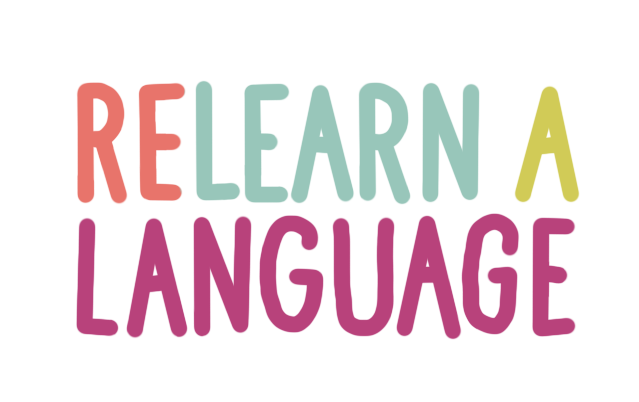























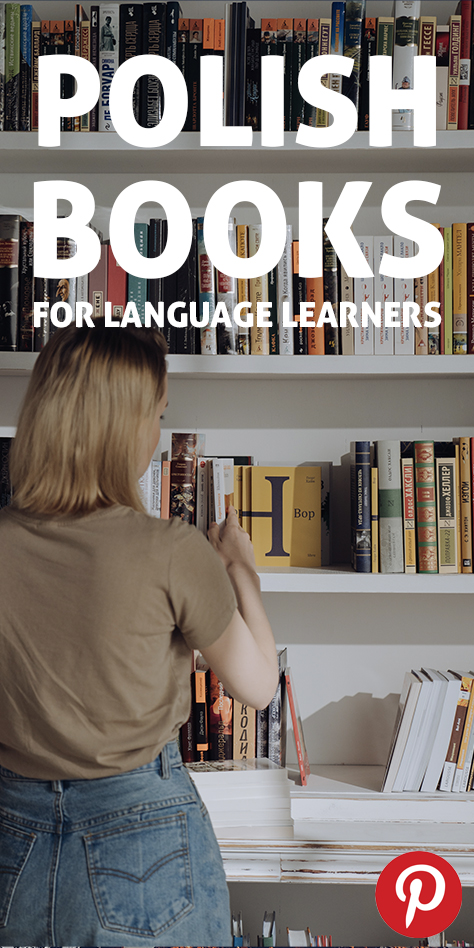
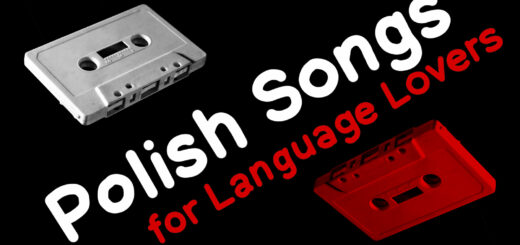
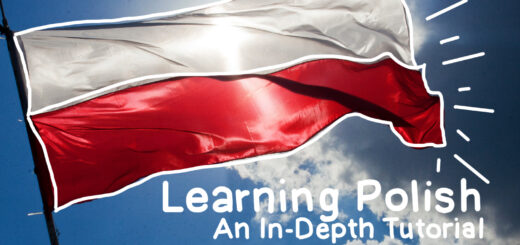
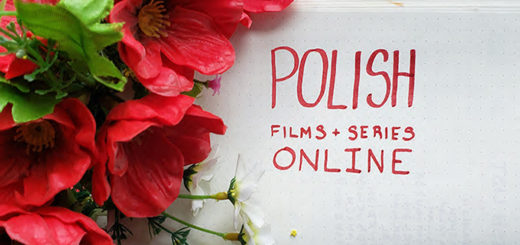
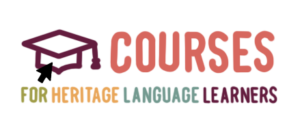
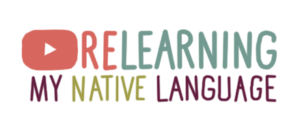
Hello,
I just discovered your website, looking for polish resources as I am in a similar situation where I am trying to relearn the Polish I used to know as a kid. I saw that the same company that sells the textbook krok po kroku also sells “CZYTAJ krok po kroku” story books for levels A1-A2. I have not tried them yet but they seem to be a good complement to the textbook.
Hey Emy! I love hearing from other heritage language (re)learners 🙂 They’re really good–since making this post I’ve been slowly reading my way through everything on this list and then some more (including the Czytaj KPK ones you mentioned) and when I update this post in the near future, I’ll be including them as probably my favorite. (The other ones I found were by Polski Daily host Paulina Lipiez, although I haven’t read those yet.) Thanks for the comment, and I hope some of the reviews I left were helpful for you!
Hi Marissa,
Your reviews are definitely helpful, as well as the rest of your website and youtube channel ! It is also “good” to see we are not alone in our struggles to find the best way to re-learn a language. Thanks for bringing people together in this !